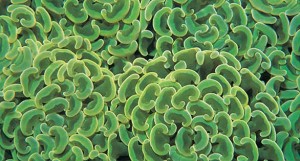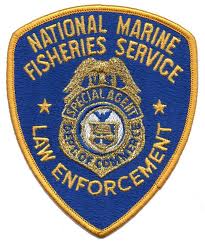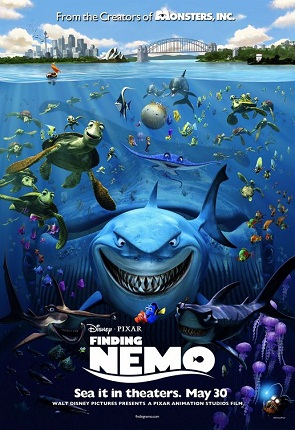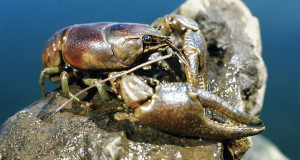It seems like every few weeks, there is another story about legislation that could possibly have serious consequences to the aquarium hobby. Most recently, there have been a number of marine fish and coral species that have recently been listed, or are being considered for listing, under the Endangered Species Act.
The primary reason for these species being listed under the Endangered Species Act is a result of Climate Change, Habitat Destruction, poor land use practices, pollution and destructive commercial fishing. Collection for the aquarium hobby may not be a primary factor in needing protection, but regulations to protect these species will most certainly be felt by the industry. These threats to the hobby are real, and need to be taken seriously. It is easy to get involved, and the hobby needs people to get involved to make sure that any decisions are based on the best possible information.
 In September 2014, The National Marine Fisheries (NMFS) listed 20 species of Coral as “Threatened” under the Endangered Species Act (ESA), several of which are found in the aquarium trade. You can read in more detail about these listings HERE on a previous That Fish blog. Listed as “Threatened” there was no immediate impact to the hobby, and no restrictions were placed on collection, trade, or ownership of the protected corals.
In September 2014, The National Marine Fisheries (NMFS) listed 20 species of Coral as “Threatened” under the Endangered Species Act (ESA), several of which are found in the aquarium trade. You can read in more detail about these listings HERE on a previous That Fish blog. Listed as “Threatened” there was no immediate impact to the hobby, and no restrictions were placed on collection, trade, or ownership of the protected corals.
In a move that was foreseen by some, and feared by others, On January 13, 2015 National Marine Fisheries published an Advanced Notice of Public Rulemaking (ANPR) seeking public comments regarding the need for further protective legislation for these 20 newly registered corals. You can read the entire publication here on the Federal Register
Section 4(d) of the ESA gives the NMFS considerable flexibility to enact additional regulations in the name of conservation. Up to an including full no take protections of species that are listed as endangered.
That means everything is on the table for these corals. Full Protection would essentially remove these corals from the hobby, they would become illegal to collect, transport, own, sell or trade. There is no difference between wild caught and captive bred in the eyes of the Endangered Species Act. The reach of such protection would certainly be felt in many other species, as anything that looks similar to listed species is going to become a problem for inspectors, importers, retailers and hobbyists alike.
What can you do?
First of all, give them your public opinion, make your voice count. What is best for these corals, and for the aquarium hobby, is for the best information to be used in making these regulations. While the aquarium industry itself may not be the target of these regulations, the effect of possible restrictions to the industry could be serious. If true scientific data shows that wild populations of these corals need further regulations for protection, then the hobby should support those restrictions. Where the hobby needs to voice a strong opinion, is for allowance of coral aquaculture to remain legal in the US. Coral aquaculture can and should play a vital role in furthering our understanding of coral biology, and conservation. The aquarium industry, and aquarium hobbyists, can play a valuable role in protection of these coral species, but only if future policy allows.
The Public Comment period is open until March 16, 2015, you can post your public comment HERE. Please take the time to submit your own comment. Use your own words, share your experience or expertise.
Secondly, you can contribute to the Pet Industry Joint Advisory Council (PIJAC). PIJAC is an advocate group for the pet industry, providing legal and lobbying support for the industry. PIJAC’s mission is to promote responsible pet ownership and animal welfare, to foster environmental stewardship, and to protect your rights to own pets.
Visit www.pijac.org to educate yourself about issues that affect pet owners, and to get the latest information about pending legal issues, and to contribute to the Aquatic Defense Fund.
Until next blog,
Dave
 That Fish Blog – Aquarium Advice and Information
That Fish Blog – Aquarium Advice and Information




Thanks for sharing this. It’s important to keep informed and active in what is going on for our pets.
Not good! I did like that you mentioned what I can personally and others. That is where change starts! Great post.